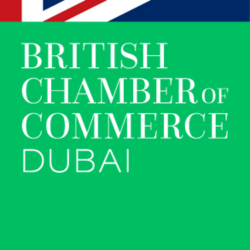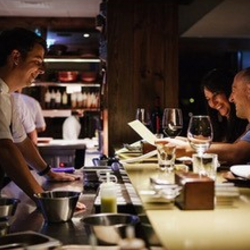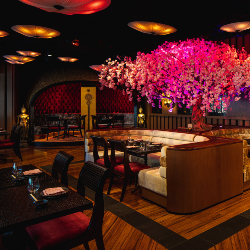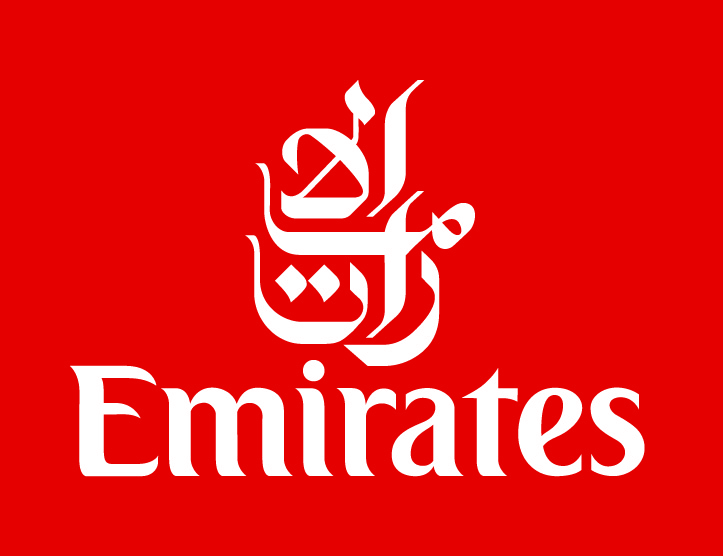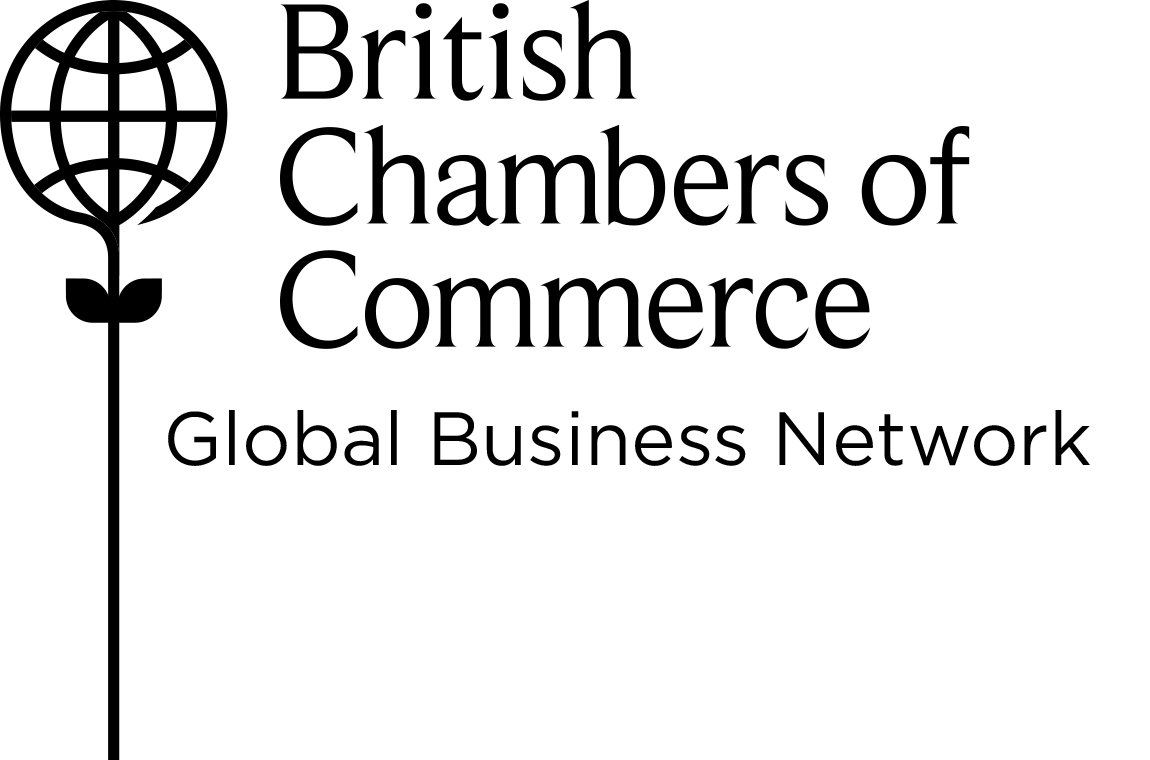Charles III Will Build on His Mother’s Close Ties to the Gulf - an article written by AGBI - Arabian Gulf Business Insights
Date Posted:Wed, 14th Sep 2022

Arabian Gulf Business Insights asked Katy Holmes, General Manager of the BBG and John Martin St. Valery OBE, Director of Government Relations at the BBG for their thoughts on the late Queen Elizabeth II and the role she has played supporting British business and expats in the region.
While the great republics of the United States and France, and the governments of China and Russia, grapple for influence in the Arabian peninsula, Britain’s constitutional monarchy has often provided an edge in fostering relations with the Gulf states.
Much of the Arab world reacted with deep sadness to the death of Queen Elizabeth II. Jordan’s King Abdullah II, whose mother is English, declared a seven-day mourning period. Saudi King Salman bin Abdulaziz Al Saud also expressed his condolences.
As the Gulf bid farewell to a friend, it also welcomed the accession of King Charles III, who also has close ties to the region.
- Middle East royals and leaders pay tribute to Queen Elizabeth II
- Queen’s love of horses forged bond with Sheikh Mohammed
- The world mourns Queen Elizabeth II: 1926 – 2022
In soft power, Britain comfortably punches above its weight. Its influence is felt deeply in the Gulf and the royal family has been central to those links. Queen Elizabeth’s 70-year reign saw her work with 15 prime ministers, but also forge links with dozens of kings, sultans and sheikhs across the Arabian peninsula.
While parliaments, cabinets, congresses and senates cycled through personalities, Elizabeth and her heirs were a perpetual presence.
Britain knows how vital this is. A government review last year pointed out that soft power increases foreign direct investment access and international student enrolments. It also reduces barriers to trade and expands British voices in international forums, such as the UN.
The United Kingdom’s overall trade relationship with the GCC was worth £32.4 billion ($37.82 billion) in 2020, with growth anticipated in the coming years as post-Brexit Britain signs agreements with its Gulf allies.
In June, as Britain marked Elizabeth’s Platinum Jubilee, government ministers launched negotiations for a free trade agreement with the GCC.
In August, Ranil Jayawardena, then a UK trade minister, met with Qatar’s minister of commerce and industry, Sheikh Mohammed bin Hamad Al Thani, to agree deals with Doha.
The view from 1953
When dignitaries gathered for Elizabeth’s coronation in 1953, Bahrain, Kuwait and Qatar were British protectorates. Now they compete for trade links with Britain as independent, thriving modern monarchies.
The UAE tops that leaderboard, climbing since Elizabeth first visited the Gulf in February 1979 on a Concorde jet – then a gleaming symbol of British industry and innovation.
After the Queen’s death, Sally Davies, head of operations at the UAE-UK Business Council, said: “She was a loyal and supportive friend to the United Arab Emirates, visiting the country in 1979 and 2010. She also hosted a visit to the UK by Sheikh Khalifa bin Zayed Al Nahyan, former president of the United Arab Emirates, in 2013.”
The Queen’s personal links with the Emirati leadership were forged through shared hobbies. Her passion for the equestrian world was matched by Sheikh Mohammed Al-Maktoum, the ruler of Dubai and vice-president of the UAE.
“As the patron of the British Chambers of Commerce and with her strong personal relationships with the leaders and ambassadors of the UAE, the Queen has been an integral element of the success of British business in the region,” said Katy Holmes, general manager of the British Business Group Dubai and Northern Emirates.
She also praised Elizabeth’s “outstanding and inspiring” work ethic, saying: “British businesses will no doubt continue to honour this quality in building business and industry and in maintaining British standards.”
John Martin St. Valery, chairman of JacksonMSV, a professional services firm in Dubai, said: “The Queen has been a key figure in shaping the special relationship between the UAE and UK. It was Her Majesty that granted special authority for Dubai to have a full embassy mission – requested by the late Sheikh Rashid – making UAE the only country in the world to have two British embassies.”
He added: “Trade is always a key focus between two traditional trading nations.”
Total trade in goods and services between Britain and the UAE was valued at £13.6 billion in the year to Q1 2022, rising by 21 percent from the same period to 2021.
Charles is a frequent visitor to the Gulf
King Charles III’s capacity to continue those vital relationships will be helped by his many trips to the Gulf. As Prince of Wales, Charles made five official visits to Jordan, six to Qatar, seven to both Kuwait and the UAE, and 12 to Saudi Arabia.
He has reportedly held 95 meetings with members of Middle Eastern royal families in the last decade alone. Some of those encounters have led to unfortunate headlines and charity probes, but many others reflect Charles’ curiosity about and respect for foreign cultures.
During a 2014 visit to Saudi Arabia, he was invited to take part in the traditional “Ardah” sword dance. The Prince of Wales was adorned in the traditional dress worn at the Al-Jenadriyah cultural festival. His headdress was the checked red-and-white keffiyeh.
This is an Arab garment with a British twist: the soldier John Bagot Glubb (known to Jordanians as “Glubb Pasha”) included the keffiyeh with this colouring in the uniform of his desert patrol units, Bedouin soldiers who secured the south of the country.
The prince danced alongside Arab princes, friends and allies while clasping a golden sword. The next day, British aerospace company BAE Systems announced that it had sold 72 Typhoon fighter jets to Saudi Arabia.
In the four quarters to the close of Q1 2022, trade between the two kingdoms was worth £11.3 billion, rising by 6.4 percent from the same period to Q1 2021.
At 73, King Charles III is six years younger than President Joe Biden but he brings to the throne over five decades of connections to the Gulf, developing relationships that have ensured Britain’s business and commercial links to the region continue to flourish.
